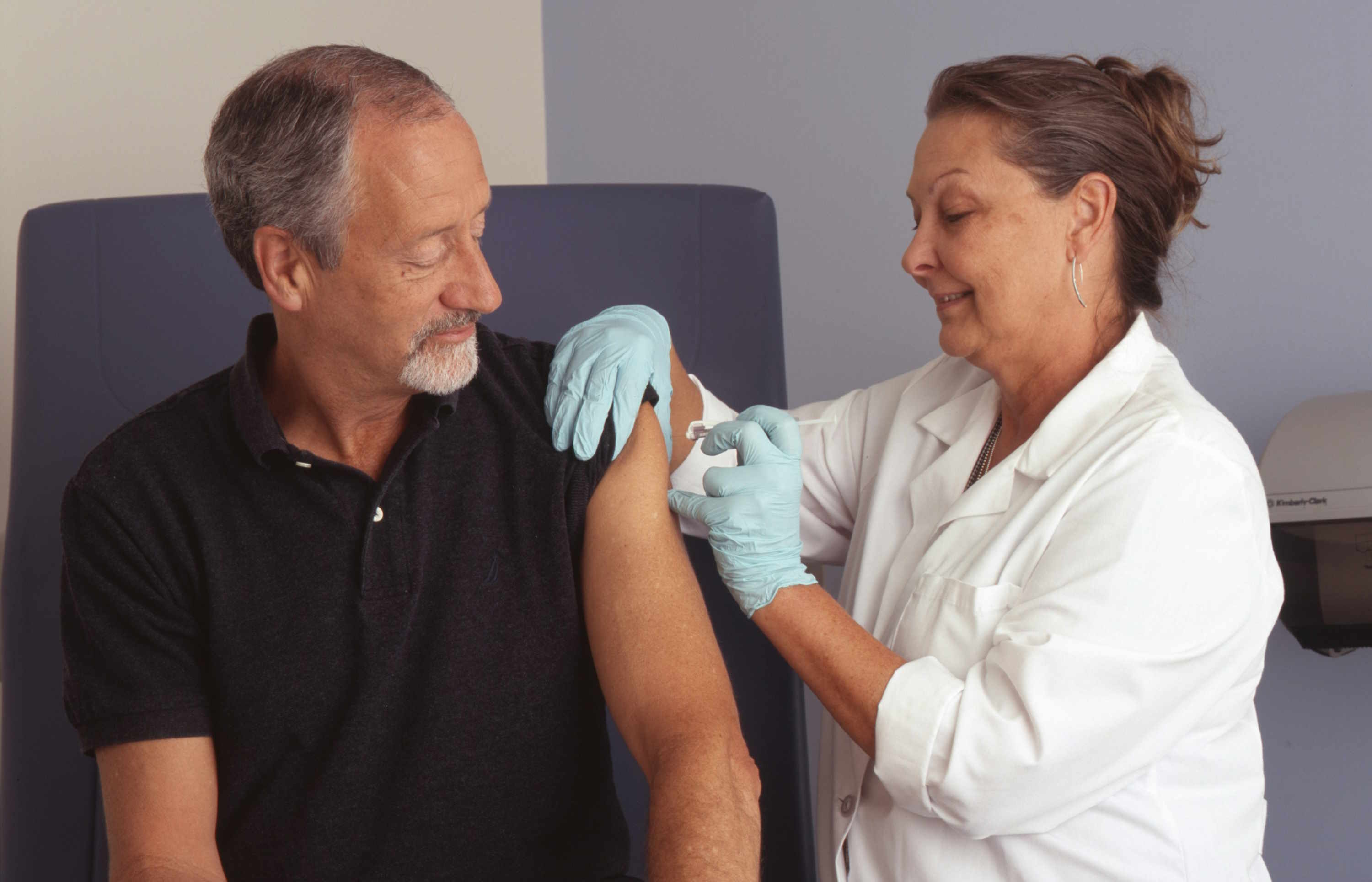A Guide to Navigating Your Mental Health Journey
Mental health and depression care may include understanding emotional challenges, therapy approaches, and lifestyle adjustments. Common discussions involve counseling, stress management, and community resources as ways people address coping and daily challenges.

Understanding Symptoms of Depression and Anxiety
Depression and anxiety disorders often present with distinct yet overlapping symptoms. Common signs of depression include persistent sadness, loss of interest in activities, changes in sleep patterns, and difficulty concentrating. Anxiety disorders typically manifest through excessive worry, restlessness, muscle tension, and racing thoughts. Physical symptoms may include fatigue, digestive issues, and headaches. Recognizing these signs early can lead to more effective treatment outcomes.
Steps to Finding Mental Health Support
Seeking mental health support begins with acknowledging the need for help. Start by consulting a primary care physician who can provide initial screening and referrals to mental health specialists. Local mental health organizations, community centers, and hospital networks often maintain directories of licensed professionals. Employee assistance programs and insurance providers can also guide you toward appropriate resources and covered treatment options.
Exploring Online Therapy Options
Digital mental health services have become increasingly accessible and effective. Online therapy platforms offer various communication methods, including video sessions, messaging, and phone calls. These services can be particularly beneficial for those with busy schedules, limited mobility, or who live in areas with few local mental health providers. Many platforms offer specialized programs focusing on depression, anxiety, and mood management.
Traditional Treatment Approaches
Traditional mental health treatments often combine psychotherapy with medication when appropriate. Common therapeutic approaches include Cognitive Behavioral Therapy (CBT), Interpersonal Therapy (IPT), and Psychodynamic Therapy. These methods help individuals develop coping strategies, address underlying issues, and build resilience. Regular sessions with a mental health professional can provide structured support and guidance throughout the recovery process.
Lifestyle Changes and Self-Care Strategies
Complementary to professional treatment, lifestyle modifications play a crucial role in mental health management. Regular physical exercise, adequate sleep, and proper nutrition contribute significantly to mood regulation and energy levels. Stress-reduction techniques such as mindfulness meditation, deep breathing exercises, and regular relaxation practices can help maintain emotional balance.
Common Mental Health Treatment Providers and Options
| Provider Type | Services Offered | Typical Cost Range |
|---|---|---|
| Psychiatrists | Medication management, diagnosis | $200-400 per session |
| Psychologists | Therapy, testing, evaluation | $100-200 per session |
| Licensed Counselors | Individual/group therapy | $75-150 per session |
| Online Platforms | Video therapy, messaging | $60-90 per week |
| Support Groups | Group discussions, peer support | Free-$50 per session |
Prices, rates, or cost estimates mentioned in this article are based on the latest available information but may change over time. Independent research is advised before making financial decisions.
Mental health recovery is a personal journey that often requires a combination of professional support, self-care practices, and patience. While the path may present challenges, numerous resources and treatment options are available to help individuals work toward improved mental well-being. Remember that seeking help is a sign of strength, and with proper support, managing depression and anxiety becomes more achievable.
This article is for informational purposes only and should not be considered medical advice. Please consult a qualified healthcare professional for personalized guidance and treatment.




